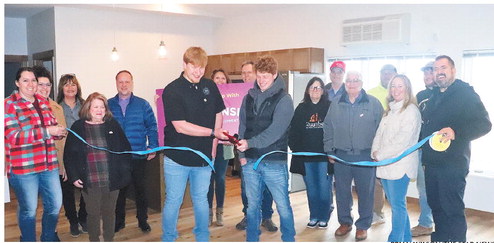Who will speak for you?
Who will make and communicate your medical decisions, if you are unable to speak for yourself?
Many people don’t realize that Wisconsin and Michigan are not next-of-kin states. This means that spouses, adult children, parents of adult children or other family members, are not automatically authorized to make medical decisions for you. That’s why all adults need to complete an Advance Directive – a document that specifies who you choose to be your Power of Attorney for Healthcare.
“An Advance Directive allows you to choose who you want to make medical decisions for you, if you’re not able to make them for yourself,” said Julie Barge, advance care planning coordinator. “It also enables you to specify your wishes regarding care facility placement, and the type of treatment you want or don’t want.”
With April 16 as National Healthcare Decisions Day, it’s the perfect time to complete an Advance Directive, or to review your completed document and have conversations about your wishes.
Should the time ever come that you cannot make or communicate your own medical decisions, you will have identified who you want to make those decisions for you and that person will know your wishes. They can be your voice.
Research has shown that this reduces stress, guilt and questioning whether the right decisions were made. It can also prevent delays and costly legal expenses.
“If you don’t have an Advance Directive that names your Power of Attorney for Healthcare, the case may go to court, which can delay treatment decisions and cost thousands of dollars,” said Barge. “In addition, if your loved ones don’t agree on your care plan, it can cause a lot of stress.”
When choosing a healthcare agent or advocate, you need to consider who will honor your wishes, even if they don’t agree with them. As life changes, a new document should be completed, to reflect your current choices, values and wishes.
Completing an advance directive may be easy for some and difficult for others, so having someone to help is a good idea. An advance care planner is available at most healthcare facilities.
“We go through the form and answer your questions,” said Barge. “We can help you think about scenarios you may not have thought about and discuss what your wishes would be.”




